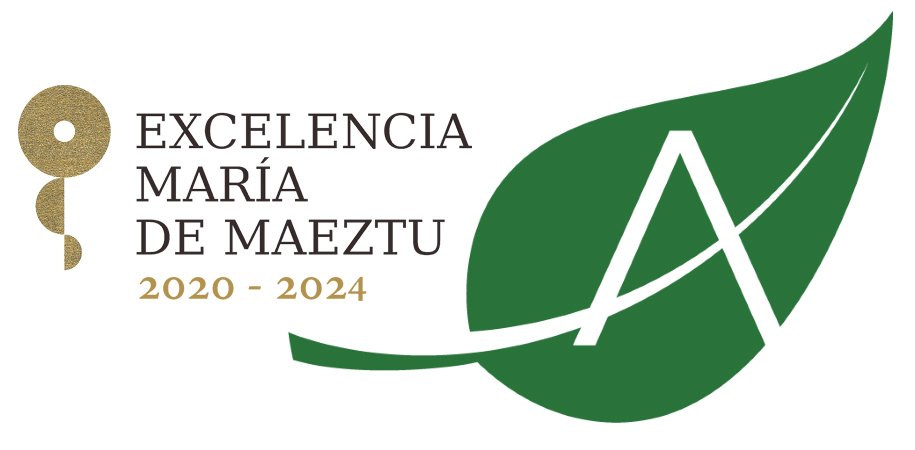Demonstration and modelling of NBS to enhance the resilience of mediterranean agro-silvopastoral ecosystems and landscapes (DRYAD)

- Programa: Horizon Europe
- Topic : HORIZON-MISS-2023-CLIMA-01-01
- Type of action: HORIZON Innovation Actions
- Total Cost: 8.622.807,50 € euros
- EU Contribution: 8.448.545,00 euros
- Start date: 01/09/2024
- End date: 31/08/2028
- Website:
- Partners: The project includes 27 partners from 6 European countries (Spain, Netherlands, Portugal, Italy, Greece, France)

Objective
Mediterranean agrosilvopastoral ecosystems (MAEs), such as Dehesa in Spain, Montado in Portugal, Meriagos in Italy, & Valonian oak forests in Greece, provide essential environmental services and influence significantly local communities and their economies. MAEs are expected to be severely affected by climate impacts and extreme conditions such as droughts, high tree mortality and wildfires. Addressing these challenges, requires supporting local communities and authorities with local solutions and transformations towards climate-resilience. This DRYAD proposal supports the Mission Adaptation to Climate Change by developing and implementing real-life, climate-resilient nature-based solutions (NBS) for MAEs. DRYAD combines front-line scientific, technological, social, and business innovations as well as transformative solutions. The proposal will be centered around development, testing and demonstrating NBSs in 5 demonstration regions including Andalusia and Extremadura (ES), Alentejo (PT), Sardinia (IT) and Aetoloakarnania (EL) (5 in Cohesion Fund Regions). The most promising NBSs will be transferred to these 3 replicating regions: Castilla-y-León (ES), Occitanie (FR) and Tuscany (IT). Furthermore, DRYAD will support a multi-level and cross-sectoral integrated and adaptive management governance via development of Decision Support Systems. DRYAD will mobilize regional and local authorities and stakeholders that own the climate challenge, research entities, private/public foundations, companies & citizens and involve them in co-creation, co-implementation, and co-validation processes by means of Living Labs. This will lead to the creation of real, widely re-applicable solutions with long-lasting impacts. The project will provide tools and implementation guidelines to promote sustainable and climate-resilient practices and facilitate regional adaptation plans, contributing to the Nature Restoration Law in terms of resilient nature and climate adaptations.


